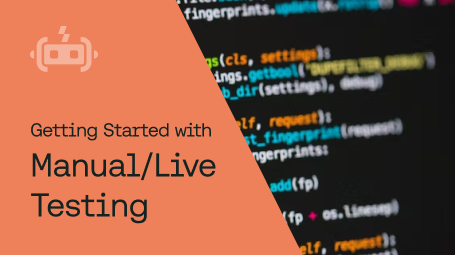Writing high-quality code is an art that every programmer aspires to master. In this journey, we present 11 tips accompanied by Java examples to help you write better, cleaner, and more efficient code.
1. Understand the problem first
Before diving into coding, it's vital to comprehend the problem you're solving. Let's say we need to find the maximum number in an array. Understanding the problem leads us to a simple solution:
1```java2int[] numbers = {1, 3, 5, 7, 9};3int max = Arrays.stream(numbers).max().getAsInt();4System.out.println("Max number is: " + max);5```
2. Plan your code
Planning your code can save you from future headaches. For instance, if we're creating a class to represent a `Person`, we can plan the attributes and methods this class should have:
1```java2class Person {3String name;4int age;5678Person(String name, int age) {9this.name = name;10this.age = age;11}12131415void sayHello() {16System.out.println("Hello, my name is " + name);17}18}19```
3. Keep it simple
Simplicity is key in coding. Avoid unnecessary complexity. For instance, use Java's built-in methods when possible:
1```java2String[] words = {"apple", "banana", "cherry"};3boolean contains = Arrays.asList(words).contains("banana");4```
4. Use meaningful names
Descriptive names make your code easier to understand. Consider the following example:
1```java2// Bad naming3int a = 5;4int b = 10;5678// Good naming9int numberOfApples = 5;10int numberOfOranges = 10;11```
5. Comment wisely
Use comments to explain the 'why', not the 'what'. Here's an example
1```java2// This is a bad comment3int x = 5; // Assigns 5 to x4567// This is a good comment8int x = 5; // Start at 5 because the first five values have been processed already9```
6. Follow a coding standard
Consistency makes your code easier to read. For example, always use camelCase for variable and method names:
1```java2// Good3int numberOfCats;4567// Bad8int number_of_cats;9```
7. Refactor regularly
Regular refactoring improves your code. For example, you can replace loops with Java 8's Stream API for more readable code:
1```java2// Before refactoring3for (String word : words) {4System.out.println(word);5}6789// After refactoring10Arrays.stream(words).forEach(System.out::println);11```
8. Test your code
Testing ensures your code works as expected. Here's a simple JUnit test:
1```java2@Test3public void testMaxNumber() {4int[] numbers = {1, 3, 5, 7, 9};5int max = Arrays.stream(numbers).max().getAsInt();6assertEquals(9, max);7}8```
9. Learn from others
Reading others' code exposes you to different styles and techniques. For example, explore open-source Java projects on GitHub.
10. Keep learning
Stay updated with the latest technologies and best practices. For instance, if you're a Java developer, learn about new features in the latest Java versions.
11. Take breaks
Coding can be mentally exhausting. Regular breaks can help you maintain high productivity levels and prevent burnout.
Wraping up
Writing better code is a continuous journey. These tips and Java examples can guide you toward writing cleaner, more efficient, and maintainable code. Remember, the goal isn't perfection but constant improvement. To further enhance your coding skills, consider learning about automation patterns and antipatterns which can provide valuable insights into software development best practices.
Coding FAQs
1. What is the KISS principle in coding?
The KISS (Keep It Simple, Stupid) principle in coding emphasizes simplicity and clarity. It encourages programmers to avoid unnecessary complexity.
2. What is refactoring in coding?
Refactoring is the process of restructuring existing code without changing its external behavior. It's done to improve the code's readability, reduce complexity, or improve its maintainability.
3. Why is testing important in coding?
Testing is crucial in coding as it helps identify bugs and errors before the code reaches the end user. It ensures the code works as expected and meets the required functionality.
4. How can I improve my coding skills?
You can improve your coding skills by practicing regularly, reading other people's code, learning new technologies, and following best practices.
5. Why are breaks important when coding?
Breaks are essential when coding as they help prevent burnout and keep your mind fresh. They provide a chance to step back, review your work, and come back with a fresh perspective.



